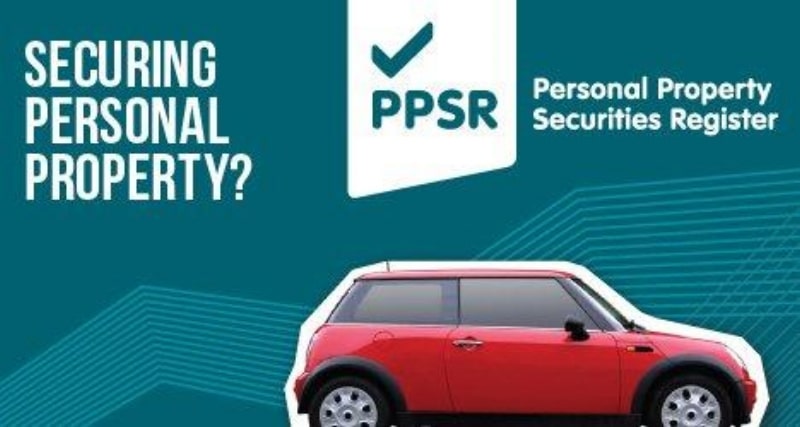What Is The New Brunswick Personal Property Security Act (PPSA)?
PPSA legislation in force in most Common Law provinces provides a central registry for filing notices of security interests in personal property. The system requires a person to register his interest in the property of another before the security is enforceable against third parties. Searches can be conducted in the registry by a lender when considering taking security on various assets, or by a person contemplating the purchase of an item, to ensure that the assets are free and clear of any prior encumbrances.
The Personal Property System (PPR) is a centralized computer registry that serves the province of New Brunswick. The PPR allows both individuals and institutions to record their financial interest in personal property (cars, boats, appliances, etc.). For example, if you obtain a car loan from a financial institution, then the car is the security for your loan and the institution becomes the secured party. Until you have repaid the loan, the institution has an interest in the car. The institution registers its security interest in the PPR. This registration establishes the institution’s priority against other secured parties who have a secured interest in the car. This information is available and accessible by any individual or company who may wish to purchase the car or grant another loan using the car as collateral.
In New Brunswick, one of the other ways interests in personal property can be secured is through the courts. A judgment in a civil matter can be declared, which means that a person has the right to recover money from another person. If you do not receive immediate payment, then the court can approve enforcement proceedings. Once approved, you must enter the Notice of Judgment into the New Brunswick PPR before the sheriff carries out the court’s order. Your registered notice is a secured interest on the title of the judgment’s debtor’s personal property. It creates a right in the property for an amount equal to the judgment.
When a person files for bankruptcy, the trustee will conduct a search of the PPSA to see if there are any liens registered against the assets of the bankrupt. For the lender to have a properly registered lien it must come up when you search the bankrupt person’s full legal name – first, middle, last, as it appears on their birth certificate. If the person has more than one middle name, only the first middle name must be included. If the lender has not properly registered their lien against an asset, the asset will form part of the bankruptcy estate. In that instance, the Trustee will either work out repayment arrangements with the debtor to repay the bankruptcy estate, or the Trustee can sell the asset on behalf of the unsecured creditors.
Bankruptcy eliminates all of your unsecured debt such as credit cards, bank loans, tax debts, unpaid bills and payday loans. However, secured debts such as vehicle loans, mortgages and home equity lines of credit are typically not included in a bankruptcy. Since the determination of secured and unsecured claims can be quite complicated, it is important to talk to a Licensed Insolvency Trustee to discuss your options. How your Trustee deals with secured debts will depend on whether you file a bankruptcy or a consumer proposal.
Powell Associates Ltd. is a Licensed Insolvency Trustee. We are experienced, hands-on insolvency practitioners who understand the personal impacts of major financial stress;
-
You won’t be stuck in an assembly line process.
-
You will expect and receive prompt responses and resolution of issues from our supportive and experienced team.
-
We will review your debt solution options, including filing a consumer proposal or personal bankruptcy.
-
We help Canadians with overwhelming debt get fresh financial starts.
Once you file a consumer proposal or personal bankruptcy, we deal directly with your creditors on your behalf. Your unsecured creditors are required to stop contacting you or continuing legal proceedings against you. Contact us for a free consultation.
We offer free consultations to review your financial situation and practical debt resolution options. Contact us to discuss your situation over the phone, a video chat, or in-person in Saint John, Moncton, Fredericton, Charlottetown, Dartmouth, or Miramichi.

